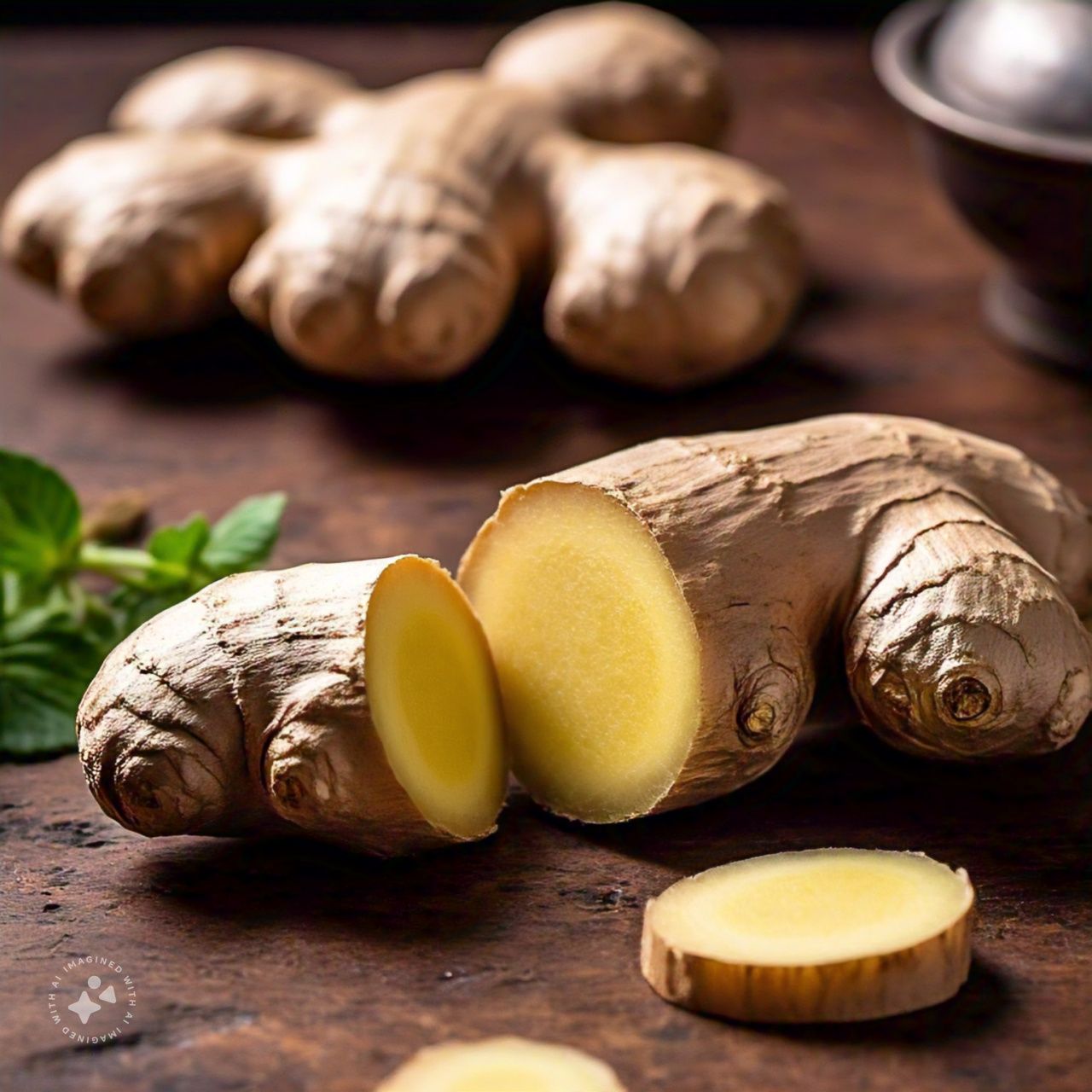
Ginger: One of the Plants with More Benefits or Contraindications?
Ginger is a root widely used in traditional medicine and cuisine for its numerous health benefits, but it also has contraindications.
Ginger: Benefits and Precautions
Ginger (Zingiber officinale) is a root widely used in traditional medicine and cuisine due to its numerous health benefits. However, its consumption also comes with certain precautions that are important to consider. Below are the main advantages and disadvantages of ginger:
Advantages of Ginger:
- Relief for Sore Throats:
Thanks to its anti-inflammatory and antibacterial properties, ginger can help soothe sore throats and reduce inflammation. - Arthritis Treatment:
Ginger contains anti-inflammatory compounds, such as gingerol, that may alleviate pain and inflammation associated with arthritis. - Boosts the Immune System:
Its antioxidants and bioactive compounds help strengthen the body’s defenses, aiding in disease prevention. - Improves Blood Circulation:
Ginger acts as a vasodilator, promoting circulation and supporting cardiovascular health. - Relieves Menstrual Pain:
Traditionally used to ease menstrual cramps, ginger’s analgesic and anti-inflammatory properties make it an effective natural remedy. - Regulates Blood Sugar Levels:
Some studies suggest that ginger can improve insulin sensitivity and help control blood glucose levels. - Aids in Weight Loss:
Ginger may boost metabolism and promote fat burning, making it a useful ally in weight-loss diets. - Reduces Brain Inflammation:
Its antioxidant properties can have neuroprotective effects, reducing inflammation in the brain. - Prevents Respiratory Infections:
Ginger has antiviral and antibacterial effects that can help prevent and treat respiratory tract infections. - Benefits for the Skin:
Its antioxidants combat premature aging and may improve skin appearance. - Studies on Colon and Ovarian Cancer:
Preliminary research suggests ginger might inhibit the growth of cancer cells in the colon and ovaries, although further studies are needed to confirm these effects. - Supports Liver Health:
Consuming ginger can help protect the liver and improve its function.
Disadvantages and Precautions:
- Blood Clotting Issues:
Ginger may slow blood clotting, making it unsuitable for people taking anticoagulants or those with bleeding disorders. - Pregnancy:
While ginger can relieve morning sickness, excessive consumption during pregnancy, especially in the third trimester, is not recommended due to potential bleeding risks. - Gallstones:
People with gallstones should avoid ginger as it may stimulate bile production, worsening the condition. - Stomach Ulcers or Gastroesophageal Reflux:
Ginger can irritate the stomach lining, exacerbating symptoms in individuals with ulcers or reflux. - Drug Interactions:
Ginger may interfere with medications for hypertension and diabetes, altering their effectiveness.
Conclusion:
Ginger offers numerous health benefits, but it is essential to consume it cautiously, especially if you have specific medical conditions or are pregnant. Consulting a healthcare professional before incorporating it regularly into your diet is recommended.











LEAVE A COMMENT: